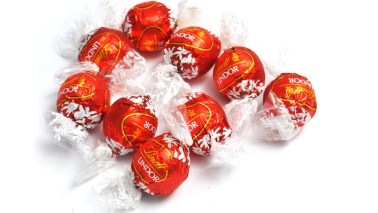It is almost exactly a decade since the death of Diana, Princess of Wales, transformed the country into what Private Eye would call a ‘cellotaph’: grottos everywhere, great and small, full of cellophane-wrapped bunches of flowers, teddy bears, candles, the scenes of unrestrained emotion and group trauma the like of which had never been seen before. The mood of the week preceding the Princess’s funeral shook the ancient institution of monarchy to its foundations. Ten years on, it is easy to forget how volatile and eerie those days seemed.
And yet the institution and the royal family have endured and prospered. Charles and Camilla, so vilified in the immediate aftermath of the Princess’s death, are now happily married. Last month Diana’s sons hosted a concert in their mother’s memory at Wembley that was a model of amiable contentment; indeed, William and Harry have come to embody an appealing sense of continuity and change — traditional values in a modern setting, if you will. Their careers, love affairs and nightlife antics absorb the nation as did their mother’s heartache, capacity for empathy and globalised glamour. Yet the collective hysteria and institutional instability have gone. How did the monarchy, that seemed so fragile in the first days of September 1997, pull it off?
In the past few months I have been making a programme for Radio 4 exploring this question, and have talked to a range of courtiers and Palace insiders, some off the record, some speaking on the record for the first time. A decade on, their memories of the shock and bafflement remain vivid. In her first broadcast interview, Penny Russell-Smith, then deputy press secretary at the Palace, recalled to me the unnerving oddity of the mourning.
‘My office window actually looked out on to the fence where I could see literally a wall of flowers being built, starting at ground level and approximating five or six feet by the end of the week.







Comments
Join the debate for just £1 a month
Be part of the conversation with other Spectator readers by getting your first three months for £3.
UNLOCK ACCESS Just £1 a monthAlready a subscriber? Log in